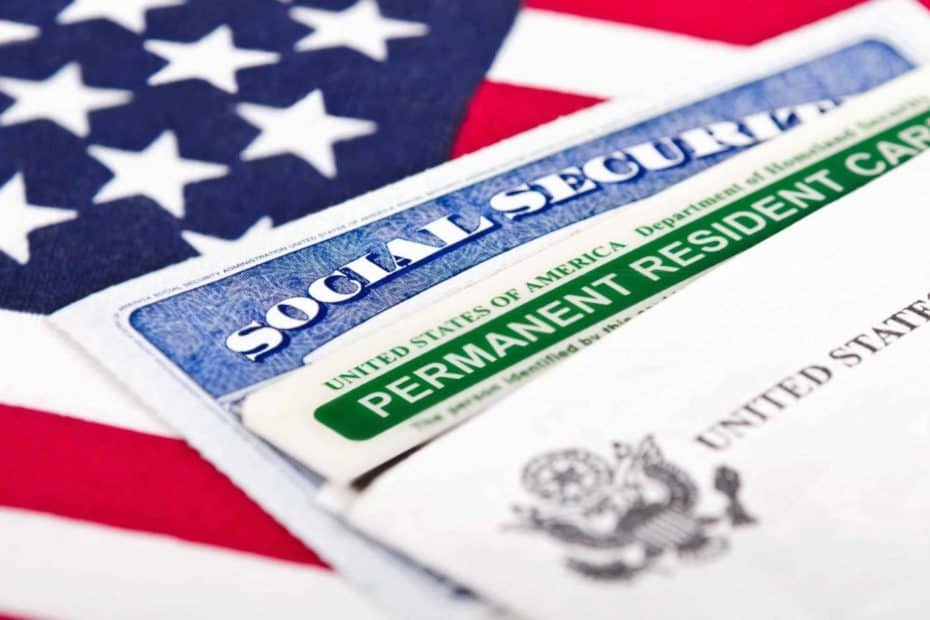During his swearing into office as the 46th president of the United States on January 20, 2021, President Biden announced the US Citizenship Act of 2021. This new act is part of his plan to modernize the US immigration system.
A few weeks down the line and to the shock of many local immigration lawyers, this bill was introduced to the Senate and the House. This new act is set to mark the biggest policy review and changes in the Immigration and citizenship program of the US.
The US Citizenship Act Of 2021
The US Citizenship Act of 2021 seeks to reform the entire US immigration system and create new pathways to citizenship for immigrants, undocumented individuals, individuals with temporary status, Asylum, and TPS. It would bring about needed changes in different immigration areas, including family-based immigration and employment-based immigration, and increase the efficiency of various immigrant processes.
This legislation would create an eight-year pathway to citizenship for millions of unauthorized immigrants and those with temporary status living in the United States on or before January 1, 2021. This eight-year pathway is divided into two stages. The first stage would be granting temporary legal status or Lawful Prospective Immigrant (LPI) status. There will also be an option to apply for permanent residency or lawful permanent residence (LPR) status after five years. And to the second stage, applicants will be granted lawful permanent residence (LPR) status or green card status. However, LPR would only be granted if they pay all the necessary taxes, pass the background check, have no criminal record, and fulfill other requirements. An immigrant would be eligible to apply for US citizenship after three years of green card status.
New Immigration And Green Card Laws
The new act aimed at expanding and reforming legal immigration and reducing green card and court backlogs will introduce the following legalization programs for different groups of immigrants.
Undocumented Immigrants
The new legislation will grant over 10.5 million undocumented immigrants access to Lawful Prospective Immigrant (LPI) status, provided that they are within the borders of the US as of January 1, 2021. After five years, they would be eligible to apply for a green card if they pay their taxes and pass a criminal and national security background check.
LGBTQ Partners
Permanent LGBTQ partners of US citizens who can’t get married in their jurisdictions would be eligible for a green card or LPRs. Their children will also be eligible for immigration relief.
Family-Based Immigration
The new legislation will create family unity and expand access to green cards to spouses and children of legal permanent residents.
Temporary Protected Status (TPS)
Those designated for TPS or Deferred Enforcement Departure (DED), who have been physically present in the US since January 1, 2017, would be eligible for permanent residence.
Dreamers
Non-US citizens who entered the US as children, including DACA recipients, would be eligible for permanent residence if they meet some criteria.
Employment
Spouses and children of H-1B visa holders would be eligible for green cards. Their children will be protected from aging out of the system.
Agricultural Labor
Workers who have worked on various agro-related services for at least 2,300 hours or five years can apply directly for a green card.
The new immigration and green card law would reduce the number of years it takes to be a full US citizen from 5 to 3 years for all LPR status holders. It also aims to address the issue of border security. As these legal matters are intricate, it’s always advised to seek the help of a professional and experienced immigration attorney.






